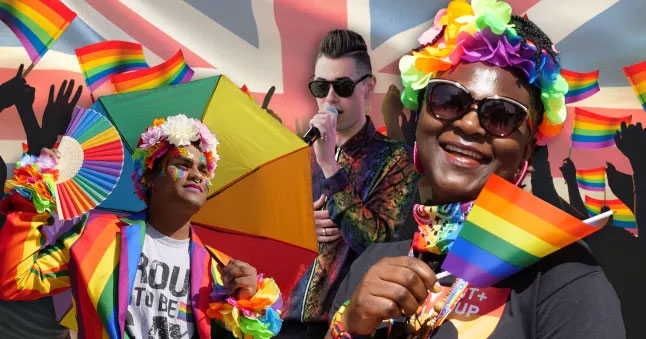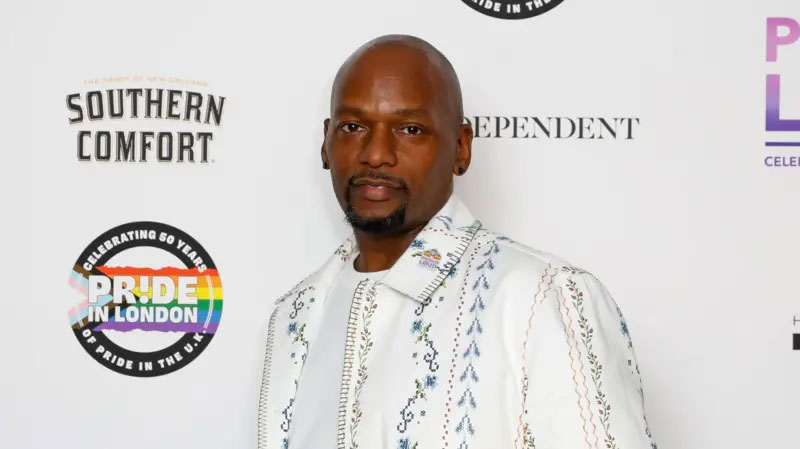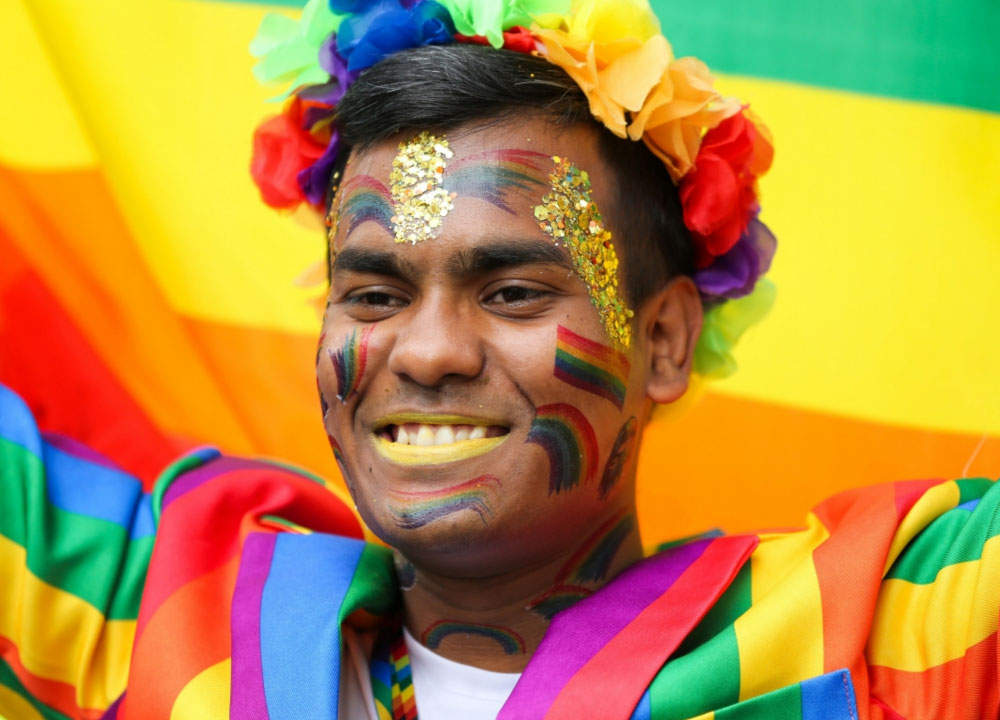Around the world today, being LGBTQ+ is still a crime in 66 countries — and in 12 of them, the punishment can be death. For queer people born in those places, even saying the words “I am gay” or “I am trans” can mean losing your freedom, your family, or even your life.
That’s why Pride in safer countries like the UK carries a special weight. For many LGBTQ+ refugees, migrants, and asylum seekers, it is the first time they can celebrate openly, without fear of arrest, violence, or rejection. Pride becomes more than a parade; it is a declaration of survival, resilience, and hope.
Jamie’s Story: From Death Threats to Liberation
Jamie, 28, grew up in the Middle East, where being gay was not only taboo but illegal. After being outed at school, he faced bullying and death threats. Even his headteacher warned that reporting harassment could risk deportation.
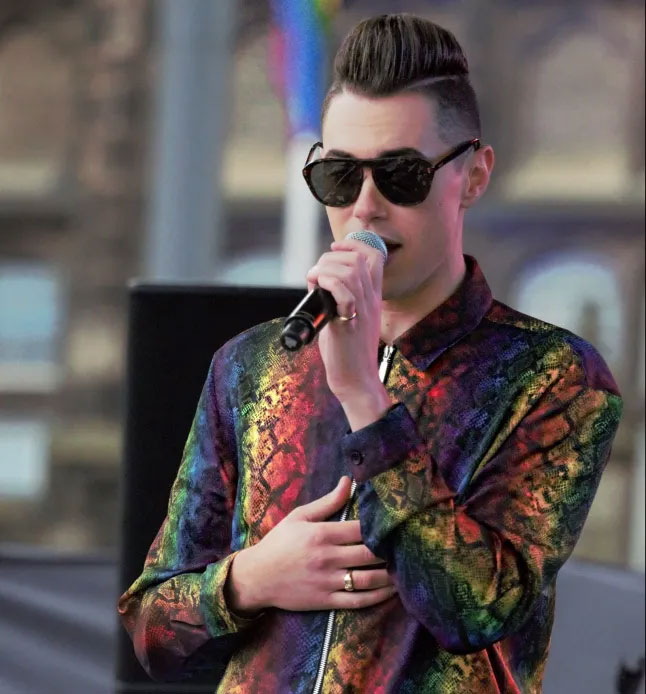
When he arrived in the UK at 18, everything changed. “From the moment I touched down, it was like a huge weight lifting,” he recalls. Today, Jamie runs a marketing firm and helps organise Pride Edinburgh, inspired by the freedom he found here.
“Everybody needs Pride, no matter where you are,” he says. “It should reflect where society is right now and where it needs to be.”
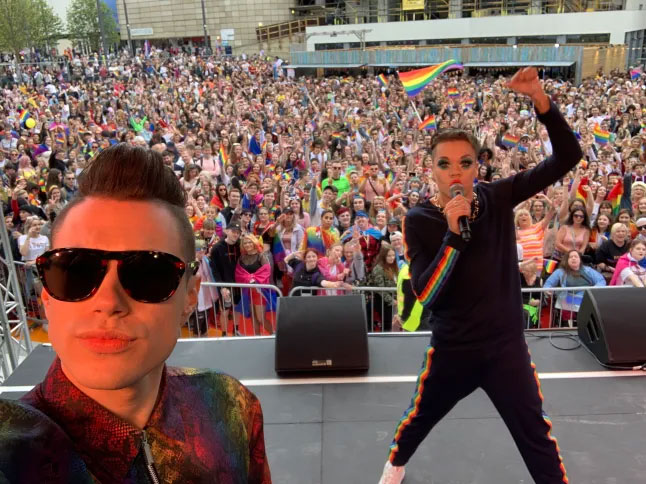
Nazir’s Story: Finding Safety Away from Bangladesh
For Nazir, who is from Bangladesh, where homosexuality is punishable by life imprisonment, attending Birmingham Pride was a life-changing experience.
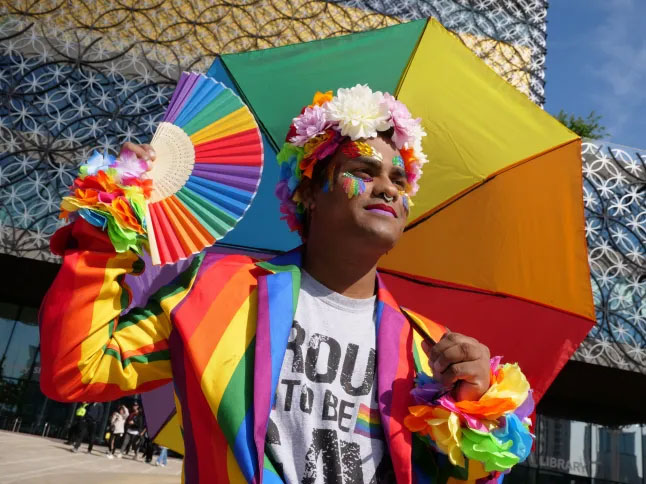
“In Bangladesh, it’s illegal to be homosexual and everyone sees us as not part of society,” he explains. “All the LGBT community in Bangladesh are under threat. Pride means a lot to me — it gives me a chance to express my true identity and be who I am.”
Ruby’s Story: Faith, Identity, and Change
Ruby, originally from India, witnessed the long fight against colonial-era anti-LGBTQ+ laws. While India decriminalised homosexuality in 2018, queer people still lack equal rights in marriage, adoption, and the military.
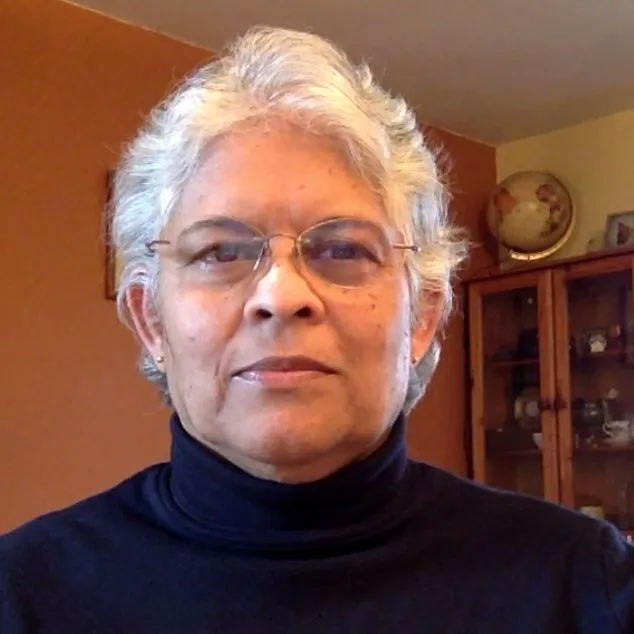
As a practicing Catholic, Ruby works to bridge the gap between faith and queer inclusion. “The Church has a lot to answer for,” she admits, “but there are many priests and nuns who really want to do the right thing.” Through her charity work, she helps religious communities in India open their doors to LGBTQ+ people.
Espoir’s Story: Pride After Exile from Cameroon
Espoir, a lesbian from Cameroon, fled her home country where same-sex relationships are punished with prison and fines. Now a refugee in the UK, she says Pride is bittersweet:
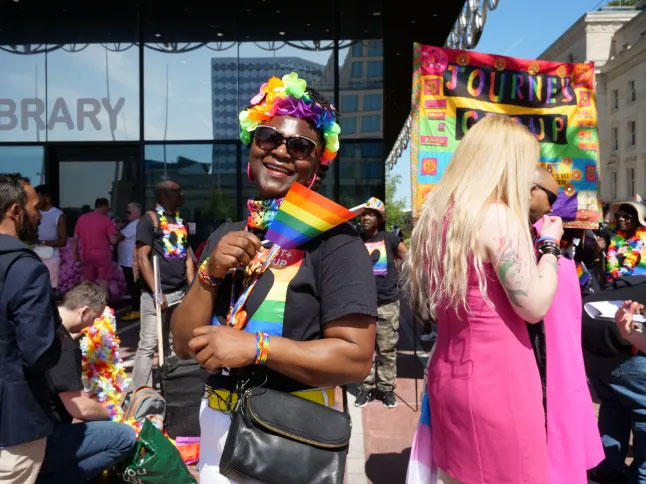
“I’m so happy because Pride means we can be ourselves. But I don’t forget about our sisters and brothers who can’t be who they are back home. No one is free until all of us are free.”
Why We All Need Pride
Critics sometimes question why Pride is still necessary in countries like the UK, where LGBTQ+ rights have advanced. But for people like Jamie, Nazir, Ruby, and Espoir, Pride is not just a celebration — it is healing, visibility, and protest.
Pride reminds us that freedom is not equal everywhere. It reminds us that while we may feel safe in one city, someone else across the world is still hiding, suffering, or fearing for their life. And it reminds us that our fight for equality doesn’t stop at borders.
At Voice of Rainbow, we stand with LGBTQ+ people everywhere — those who can march proudly, and those who cannot. Pride is a chance to honour both. Because until every queer person is free, Pride will always be necessary.

